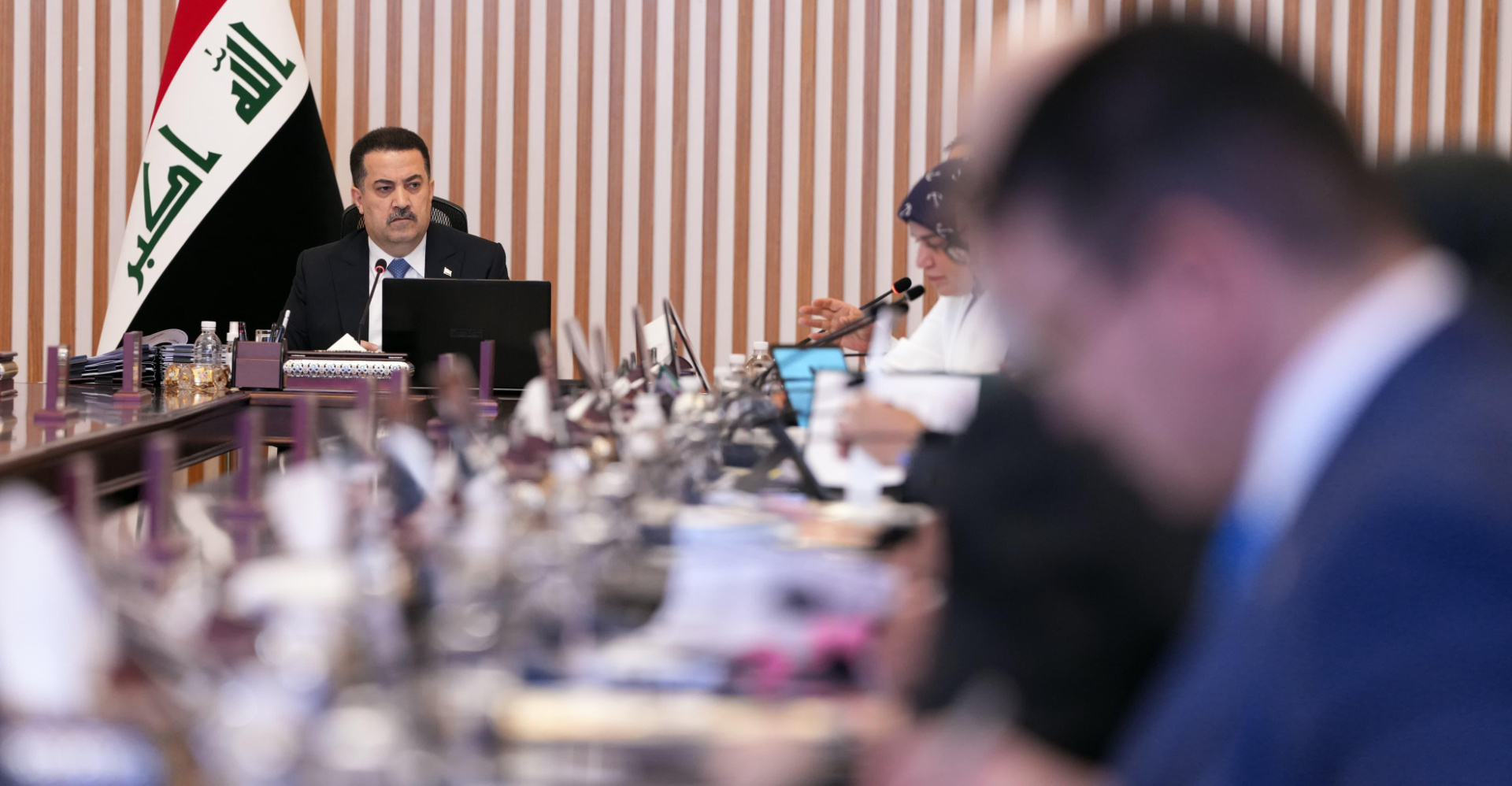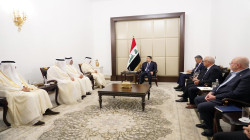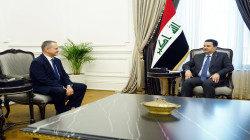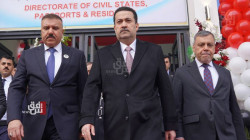Iraq’s top advisor to speculators: We’re not in financial trouble

Shafaq News/ On Wednesday, Iraqi Prime Minister Mohammed Shia Al-Sudani’s Financial Advisor, Mudher Muhammad Saleh, dismissed speculation of a looming financial crisis in Iraq, crediting the country’s economic stability to “prudent fiscal policy.”
Saleh told Shafaq News that Iraq relies on oil revenues to finance about 90% of public expenditures, while government spending constitutes roughly 50% of GDP, noting, “This spending drives around 85% of total demand in the economy.”
He cautioned that Iraq must remain vigilant amid global trade tensions and energy market disruptions, noting that oil prices seem to be entering a new downturn. This, he said, has led to closer coordination between the country’s fiscal and monetary authorities. “Iraq has weathered similar oil cycles since 2014 and succeeded in preserving economic stability,” he added.
The economic expert further pointed out that the government is enforcing stricter fiscal discipline on revenues and expenditures, coordinating with the central bank to cover deficits without disrupting essential outlays. Ensuring sufficient liquidity to meet national needs remains a top priority.
Earlier, the Parliamentary Finance Committee warned of a potential future crisis amid falling oil prices and inadequate safeguards to cushion Iraq’s economy.
Economic experts blamed the Ministry of Finance and the Central Bank for weak monetary circulation and declining public trust in the banking sector. Official data showed that Iraq’s money supply has reached around 127 trillion dinars (96.52 billion USD), with 70% of it held outside the banking system. Additionally, oil revenues reportedly dropped by 15% in April, compounding pressure on strategic reserves.





